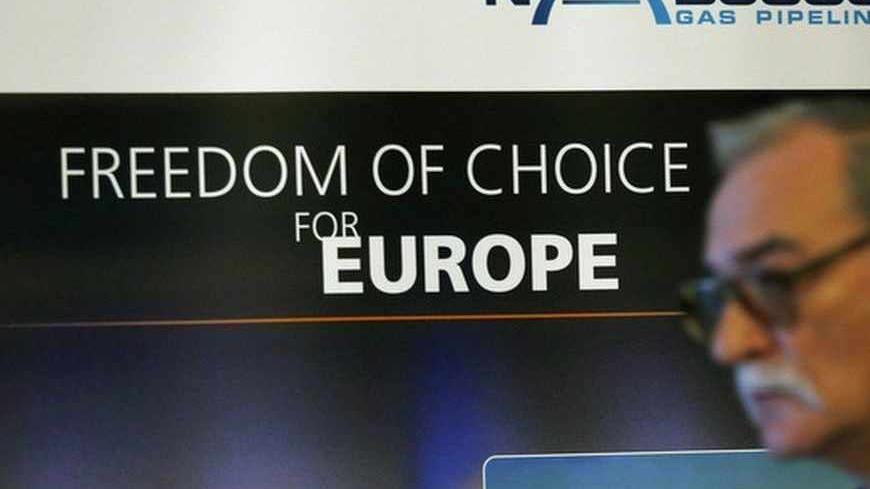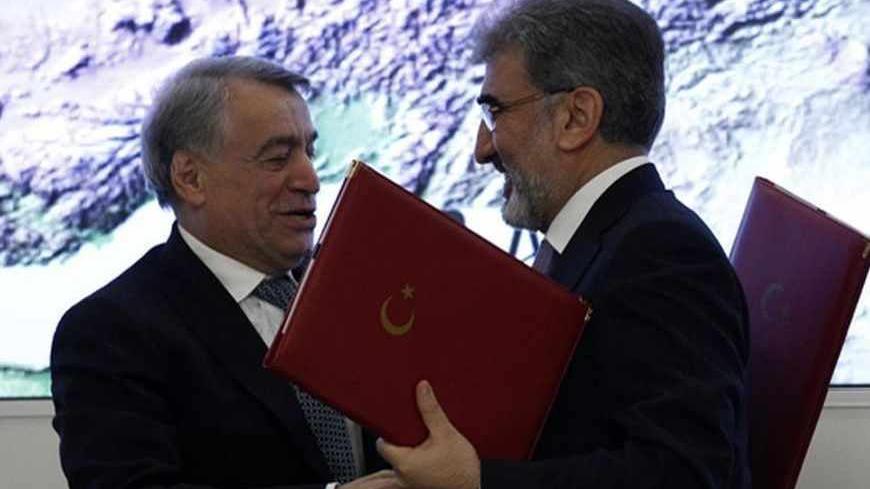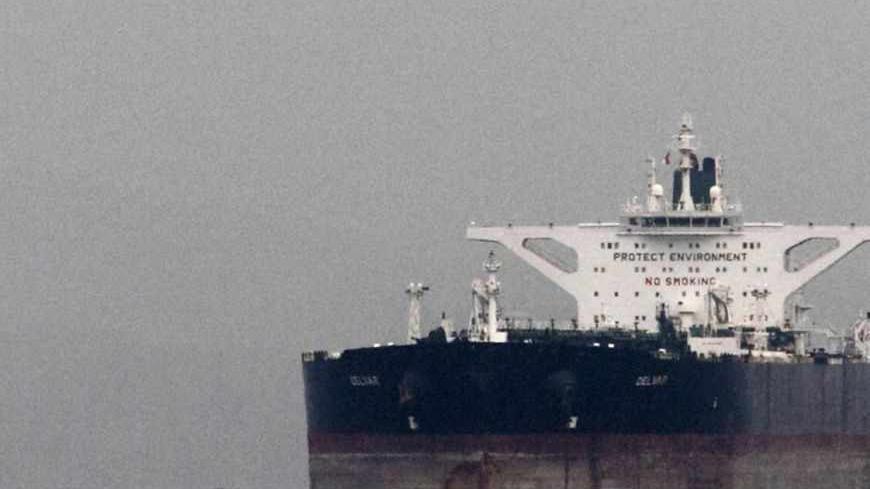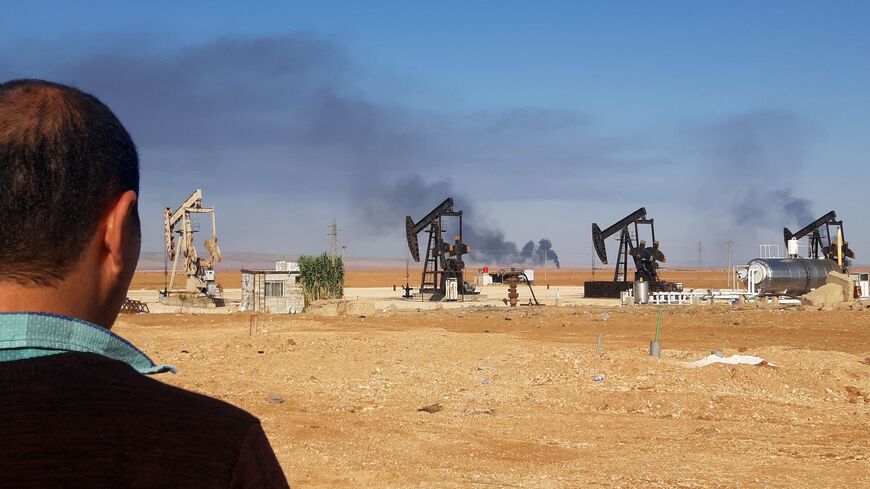International Oil Companies Gamble on Turkey’s Shale Gas
While information on Turkey's hydrocarbon reserves remains elusive, some shale investors are willing to take the risk.

Shell has begun exploring shale gas in Turkey. Despite the scale of this new undertaking, the only sources of information about Turkey's reserves are media speculation and a 2013 report by the US Energy Information Agency (EIA). While this has not stopped investment, it does underscore the a risk the companies investing in Turkish shale are taking.
Royal Dutch Shell's Turkey branch and the Turkish Petroleum Corp. (TPAO) are drilling Turkey's first shale gas-exploration wells in Diyarbakir province's Sanbugday 1 natural-gas field. According to its agreement with the TPAO, Shell is expected to drill five wells into the Dadas shale formation. While this investment has drawn attention and interest into Turkey’s shale gas reserves, Shell's spokesmen made no public assessments prior to completing the first well, underscoring the obscure environment and the dearth of public information.






